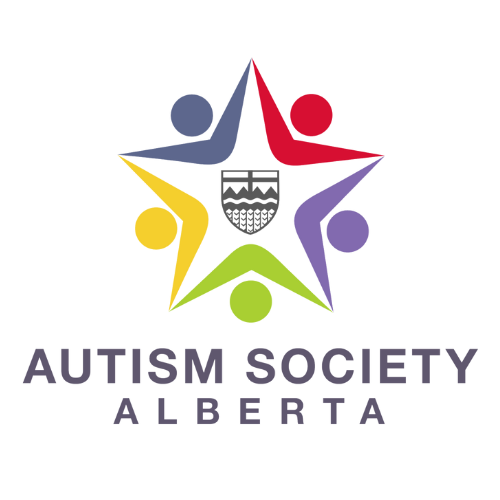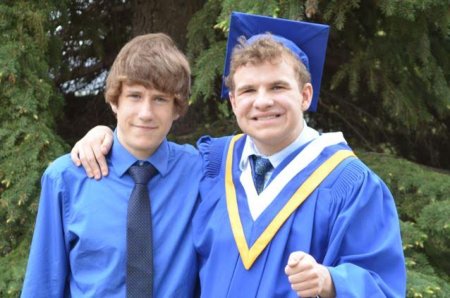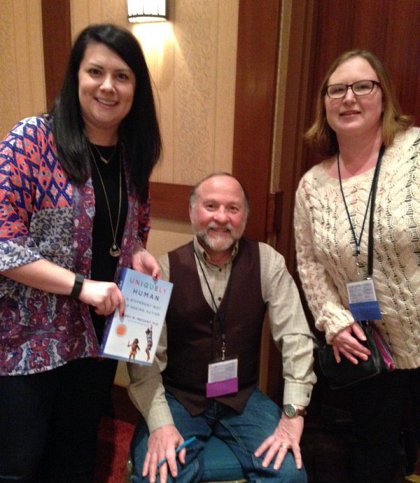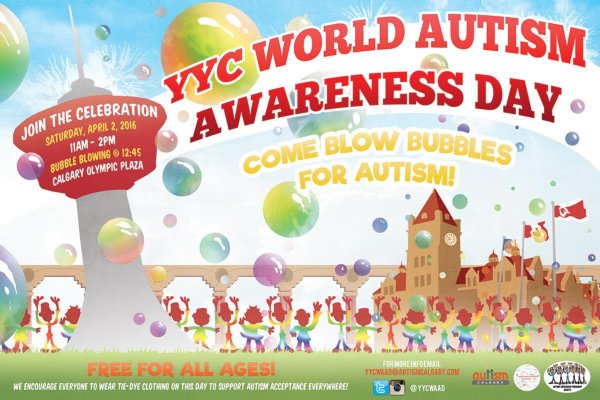Appreciation and ASD: Lessons Learned from a Brother with Autism
My older brother Ian was diagnosed with ASD before I was born. Long before I knew what ASD actually was, I knew what it looked like. My brother has many behavioural quirks, which make him who he is: difficulty speaking, loud outbursts, volatile moods, and weird dietary preferences are the first things that come to mind when I remember the early years. But the behaviour that I remember the most was how Ian watched movies.
Ian would fast forward to a scene in a movie that he liked, and watch it over and over again. There was nothing he enjoyed more than sitting two inches from the TV, rewinding and playing the same ten seconds of Toy Story and Aladdin. When I was kid there was nothing more annoying. Why would he want to watch the same scene repeatedly without watching the rest of the movie? A week later he might come back to the same scene, still unconcerned with whatever else the film had to offer.
This behaviour is characteristic of many of the people with autism I have met. Fixation on a single activity at the expense of everything else can leave caregivers and friends with a constant feeling of disconnect from their loved one. It’s hard not to see this kind of behaviour as abnormal and harmful. But the key point to remember is that this fixation is for a reason – it is not random. Where the average person sees a calculator, a person with autism may see an expression of order and beauty. This year, I finally realized that where I see a movie scene without context, my brother sees a perfect recreation of the feelings produced when he saw the scene the first time.

People can spend their entire lives trying to recreate the joy they felt the first time they did something. Completing a puzzle the second time doesn’t hold the same joy as the first, because you know how all the pieces fit together, and with the knowledge of context the satisfaction of fitting two pieces together is gone. But ASD affords my brother the luxury of separating the context of a task with the joy it makes him feel. The triumph of placing two pieces of the puzzle together is appreciated for the happiness it brings, not the role it plays in a larger scheme. I had always trained myself to find joy in completion. Ian knew from the beginning that completion was inherently limited: joy is found in whatever you enjoy, as long as you appreciate it for what it is.
Graeme Wyatt is a 2nd year Political Science Specialist studying at New College, University of Toronto.
Attending My First Autism Conference

From Jan 20-22 I attended the Children’s Autism Services of Edmonton 8th annual conference. I accessed it through Telehealth, so I did not have to travel out of Red Deer, and my only expense apart from conference fees was parking.
- Do not look at the diagnosis only, look at the individual’s difficulties
- Push them to try new things and stretch them outside their comfort zone, but not so hard as to lead to sensory overload
- Provide choices
- Use electronics as ‘motivators’, do not let individuals ‘zone out’ on them
- Very important to help out in the community so as to load the brain with experiences
- Emphasise talents
- Use shared interests to increase social interaction
- Teach social skills such as chores, ordering food
Dr. Barry Prizant has a wonderful view on how autism should be viewed:
- Look at the person as a whole. The goal is to increase their quality of life by increasing support.
- There is no autistic behaviour, only human behaviour. The behaviours that we see in ASD are reactions to confusion, stress and anxiety. Behaviour is a way to communicate and cope, so we need to ask the question "why"? What does their body or mind need?
- In the community and schools there should be increased understanding and support provided. This could be done though disability and autism awareness programs, autistic individuals talking about their disabilities and providing input for school programming, parents talking with students and staff (if they are comfortable), or autistic adults consulting to schools.
- Parents of persons with ASD are often misunderstood. They are often "juggling a million balls", doing the best they can, and they need support.
- Find the individual’s passions or "enthusiasms" and build on them. Offer supports that will lead to more desirable behaviour and a better quality of life.
- Autism is not a tragedy!
He ended with a wonderful quote:
I look forward to the next conference that I can attend!
Great Power
 The little boy screams and thrashes, eyes screwed into slits and tears streaking his face. His small fists rain down on the behavioural therapist’s arms and torso. She doesn’t flinch. With her soothing words, she tries to coax him away from the fiery anger that inhabits his entire body. The attempt is… unsuccessful. School is done, it’s time to go home, and he does not want to put on his coat. No amount of wheedling or demanding or bargaining from her, nor his mother, nor the others who hover on the outskirts of the situation, watching, will convince him otherwise.
The little boy screams and thrashes, eyes screwed into slits and tears streaking his face. His small fists rain down on the behavioural therapist’s arms and torso. She doesn’t flinch. With her soothing words, she tries to coax him away from the fiery anger that inhabits his entire body. The attempt is… unsuccessful. School is done, it’s time to go home, and he does not want to put on his coat. No amount of wheedling or demanding or bargaining from her, nor his mother, nor the others who hover on the outskirts of the situation, watching, will convince him otherwise. I see my own mother. My brothers and I are all in our twenties now, and the challenges we face no longer include impromptu meltdowns in public places; but here I have a glimpse into what life was like before one of my brothers could find the words to articulate his needs. A new kind of understanding overcomes me, and my heart goes out to this warrior woman, to all the parents who have fought and continue to fight for their child’s place in a world full of people who are often not so understanding of those who are not quite like them.
I see my own mother. My brothers and I are all in our twenties now, and the challenges we face no longer include impromptu meltdowns in public places; but here I have a glimpse into what life was like before one of my brothers could find the words to articulate his needs. A new kind of understanding overcomes me, and my heart goes out to this warrior woman, to all the parents who have fought and continue to fight for their child’s place in a world full of people who are often not so understanding of those who are not quite like them.Creating A Vision

We Want to Hear From You!
Central Alberta Autism Parent Support Group Meeting


Central Alberta Autism Parent Support Group
Monday, March 7
6:00-8:00pm
G.H. Dawe Community Centre
56 Holt Street, Red Deer
Topic: Grief
Free childminding available (must RSVP by March 3)
Love, Laughter and Acceptance
 Our day started early. Around 5 AM my son switched his status to ‘alert’ and declared it was time for the household to join him as he embarked on this beautiful day. My status was instantly switched to ‘grumpy’, and I declared that he would learn to stay quiet, at least until the sun thought that getting up was a good idea.
Our day started early. Around 5 AM my son switched his status to ‘alert’ and declared it was time for the household to join him as he embarked on this beautiful day. My status was instantly switched to ‘grumpy’, and I declared that he would learn to stay quiet, at least until the sun thought that getting up was a good idea.  “Honey, why didn’t you call me?” I asked. “Or come out of your bedroom to use the bathroom?”
“Honey, why didn’t you call me?” I asked. “Or come out of your bedroom to use the bathroom?”  I was thinking of this as I sipped my coffee and scrolled through my social media this morning after my son’s "redecorating episode".
I was thinking of this as I sipped my coffee and scrolled through my social media this morning after my son’s "redecorating episode". Autism Calgary Celebrates Autism Awareness Day
Click the poster to see a larger version
